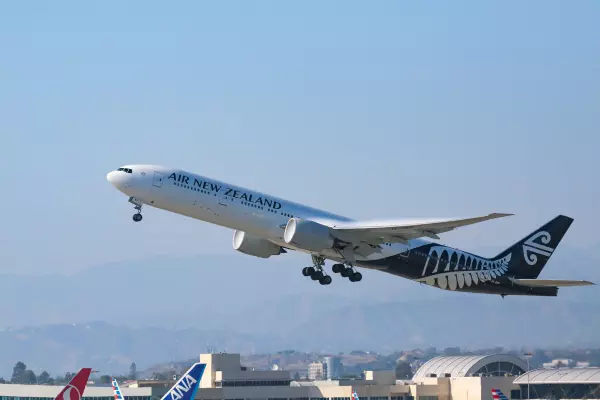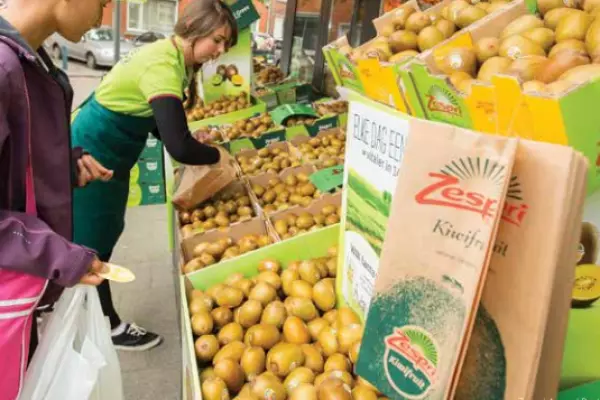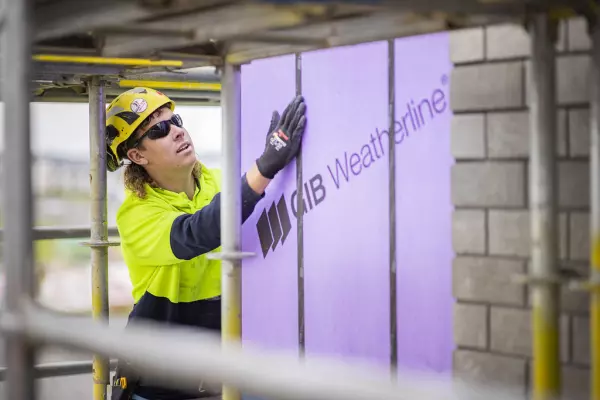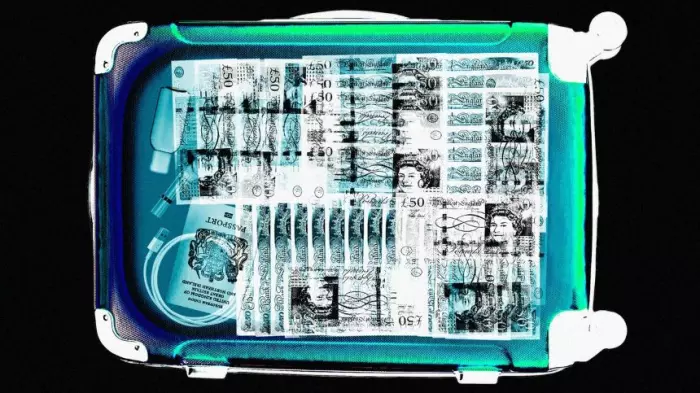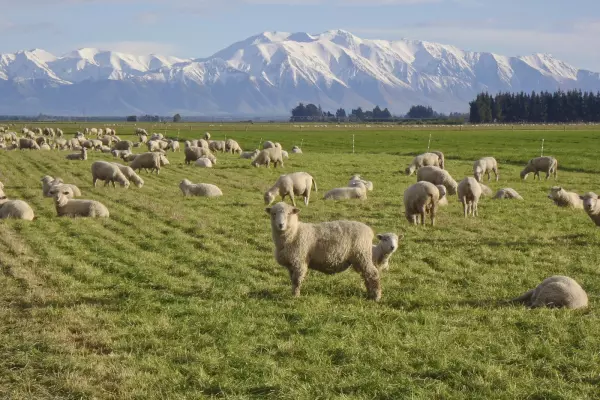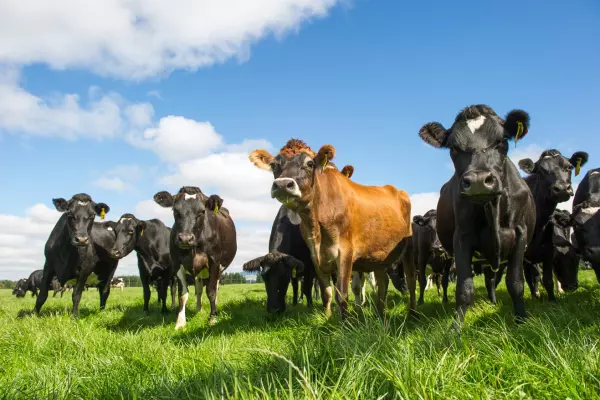How does the primary sector keep its people safe?
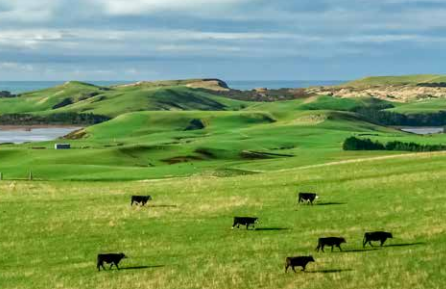
As New Zealand moves into a four-week lockdown of all non-essential services we all need the primary sector keep operating. Food is essential. The question is how to keep it operating safely.
Tens of thousands of workers across the country will mobilise to continue operating meat plants, picking kiwifruit or apples, working on dairy farms, staffing packing and processing plants as well as transporting livestock and goods.
Large primary sector businesses are on board and already working out what they need to do keep their staff safe. As Meat Industry Association head Tim Ritchie said, the privilege of being open carries the responsibility of keeping your staff and everyone else safe.
And the government wants to see evidence of those plans by the end of the week.
“With the New Zealand government confirming that the food supply chain is an essential service, our work to get our fruit to consumers will continue,” Zespri chief grower and alliances officer Dave Courtney told BusinessDesk.
“The wider industry will also be working under enhanced hygiene practices to help prevent the spread of covid-19. We take this commitment incredibly seriously.”
Ritchie said the meat sector is developing a sector-wide protocol to ensure people’s safety.
Fruit marketer and logistics group Scales is seeking alternative ways of working to keep its staff, suppliers and the public safe, something it's made a priority.
The government has said any entity involved in the packaging, production and processing of food and beverage products, whether for domestic consumption or export as essential.
Other essential businesses include relevant support services, such as food safety and verification, inspection or associated laboratory services and biosecurity. And veterinary services will keep operating, as will any other entity that will jeopardise animal health or welfare if it closed.
Critically, the Ministry for Primary Industries has set up an obligatory registration for every business in the sector, except for those with five or fewer staff at each site and that can achieve social distancing measures between staff at the workplace, including travelling to and from work.
All others must register by 5pm on Friday.
"The government's declaration of essential services approves those operating in the primary sector, but we just need to verify that operators are following safe practices,” said MPI director-general Ray Smith.
The registration includes detailed information about the business, including the number of employees, how many are at each premises and how many are already working from home.
It asks businesses to specify how the production processes protect workers and the public by reducing the potential spread of covid-19.
It asks how businesses are ensuring that workers and others at the workplace are observing social distancing to and from work, during work and during rest breaks.
Businesses must stipulate personal hygiene steps put in place for workers to reduce the likelihood of virus spread as well as what existing, or additional, personal protective equipment could be introduced to limit the chance of the virus spreading at work.
Firms need to outline steps they are taking to limit access to the workplaces and how they are isolating staff, or parts of the workplace, to contain an outbreak if it occurred.
Businesses also have to state what actions will be taken if a staff member is suspected or confirmed to have covid-19 and how they can ensure people at particular risk identify themselves and are isolated from work.
Finally, MPI wants to know how firms can ensure workers observe ‘stay at home’ rules at the conclusion of each working day.
“We’re all working together to ensure that our vital food production sectors can operate safely,” said Smith.
Comments





